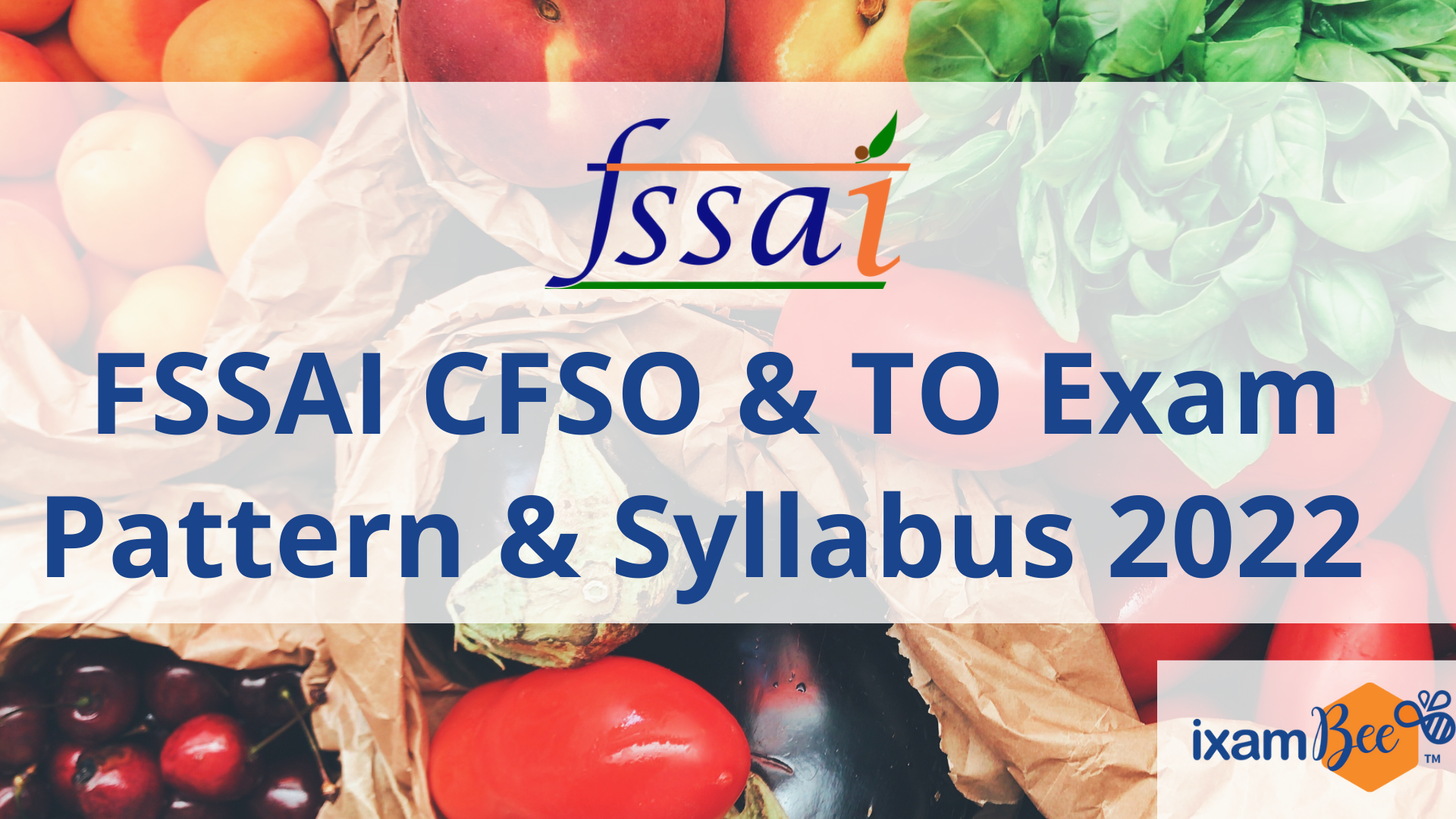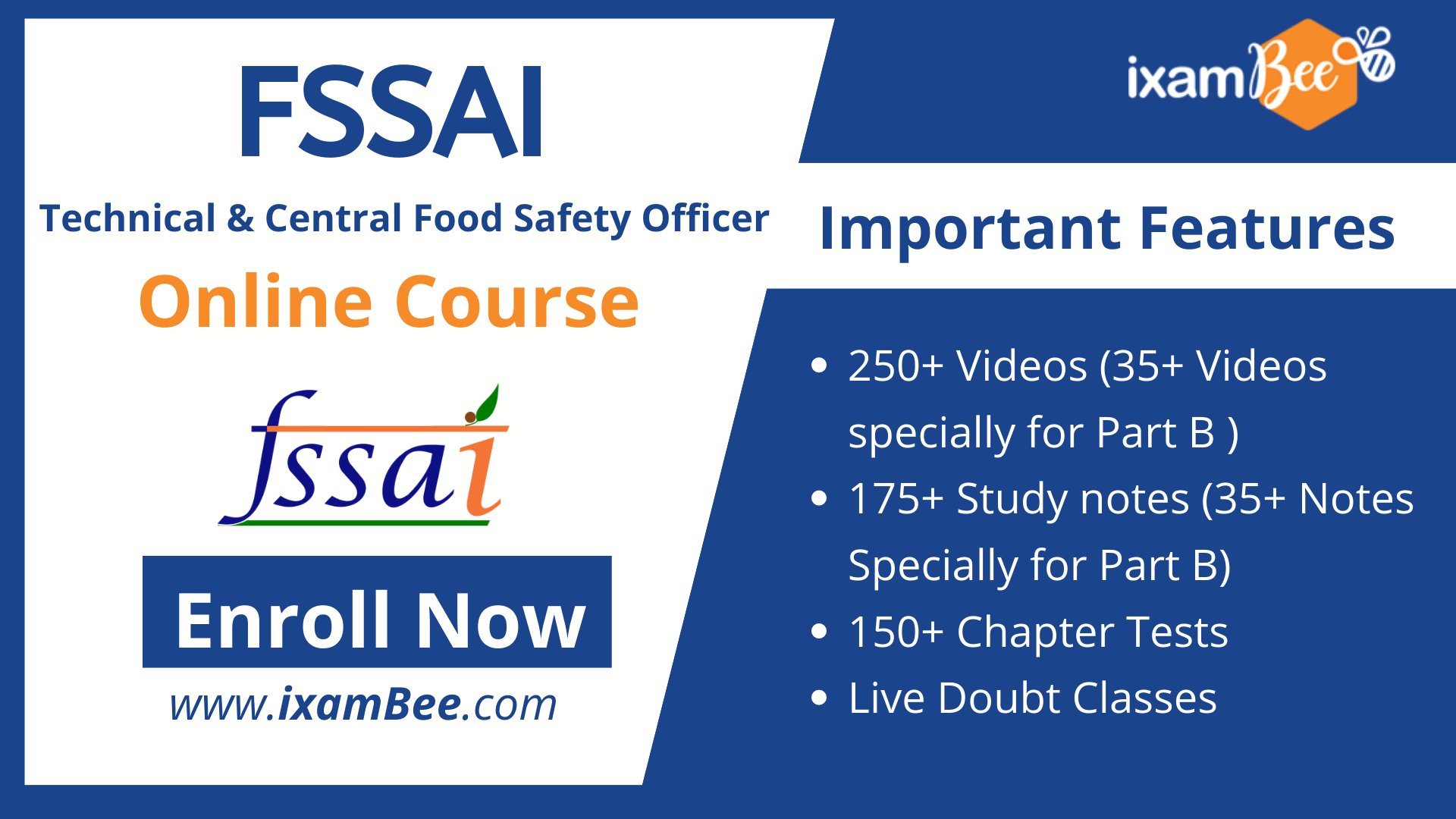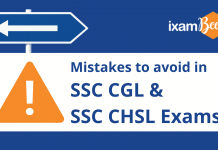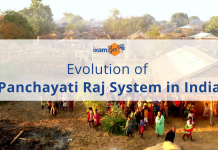Read here FSSAI Syllabus & Exam Pattern 2021-2022 in complete detail for Central Food Security Officer & Technical Officer for Stage 1 and Stage 2
The Food Safety and Standards Authority of India (FSSAI) conducts recruitment drives every year to recruit personnel for various posts like Hindi Translator, Assistant Manager, Deputy Manager, Technical Officer (TO), and Central Food Security Officer among other posts. Together, these employees work toward maintaining the desired standard of food and its safety.
In this article, we will discuss the FSSAI Syllabus & Exam Pattern for Technical Officers & Central Food Security Officers for Stage 1 and Stage 2 in detail.

FSSAI Exam Pattern 2022
Let us go over the details of the FSSAI recruitment process 2022 for CSFO & TO.
- The exam will comprise 2 stages; Stage 1 & Stage 2.
- Further, Stage 1 will comprise two papers, Part A & Part B.
- More details about Stage 2 will be released by the FSSAI after the Stage 1 exams conclude.
- There will be no interview for either post.
Part A – General Aptitude and Computer literacy
| Nature of Test | Test Name | No. Of Questions | Maximum Marks |
| General Aptitude | General Intelligence | 10 | 40 |
| General Aptitude | General Awareness | 10 | 40 |
| General Aptitude | English language Comprehension | 10 | 40 |
| Computer | Computer Literacy | 10 | 40 |
| Total | 40 | 160 |
- There will be a total of 40 Objective MCQ-type questions (10 per subject) with each question carrying 4 marks.
- Therefore, questions in Part A will be for 160 marks.
- The duration will be 180 minutes.
- For each right answer, 4 marks will be given whereas for each wrong answer, 1 mark will be deducted
Part B – Functional Knowledge Test
Part B will be a test of Professional Knowledge for the respective posts. In this case, it will test the candidates’ knowledge of food safety and food laws in India.
| Test Name | No. Of Questions | Maximum Marks |
| Indian and International Food Laws (An Overview) | 20 | 80 |
| FSSAI – Role, Functions, Initiatives (General Understanding) | 20 | 80 |
| Subject Matter Knowledge | 40 | 160 |
| Total | 120 | 480 |
FSSAI Stage 2 CBT Exam Pattern 2022
The FSSAI Stage 2 CBT expected exam pattern has been outlined for you below.
| Section | Subject Name | No. of Questions | Marks per Question | Total Marks |
| Part A | General Ability | 2 | 10 | 20 |
| Part B | Food Safety Eco-System in India | 3 (attempt 2) | 10 | 20 |
| Part C | Food Science and Nutrition/ Food Quality/ Food Processing and Preservation | 6 (attempt 4) | 15 | 60 |
FSSAI Syllabus 2022 for CSFO & TO
The syllabus for the FSSAI Exam 2022 for TO & CSFO posts will be the same. Take a look at the details in the tables below.
Stage 1: Part A
This section is a basic Aptitude Test. Take a look at the topics covered under each subject in the table below.
| Section | Topics |
| General Intelligence | Analogies Similarities and Differences Space Visualization Problem Solving Analysis Judgment Decision Making Visual Memory Discriminating Observations Relationship Concepts Arithmetical Reasoning Verbal And Figure Classification Arithmetical Number Series Non-verbal Series |
| General Awareness | India And Neighbouring Countries Especially Pertaining to History, Culture, Geography, Economic Scene General Polity including Indian Constitution Sports and Scientific Research |
| English language Comprehension | Comprehension, One Word Substitution, Synonyms And Antonyms, Spelling Error, Spotting Errors in Sentences, Grammar – Noun, Pronoun, Adjectives, Verbs, Prepositions, Conjunctions, Use of ‘a’ ‘an” and ‘the’, Idioms and Phrases, Parts of Speech |
| Computer Literacy | Knowledge of MS Office (Word, Excel, PowerPoint) Including Basic Commands, Google Docs, Emails, commonly use Social Media Handles (WhatsApp, fb, Twitter) |
Stage 1: Part B
This section assesses Professional Knowledge.
| Section | Topics |
| Indian and International Food Laws (An Overview) | Food Safety and Standards Act of India, 2006: Provision, definitions and different sections of the Act and implementation FSS Rules and Regulations Overview of other relevant national bodies (e.g. APEDA, BIS EIC, MPEDA, Spice Board, etc.) International Food Control Systems/Laws Regulations and Standards/Guidelines with regard to Food Safety – (i) Overview of CODEX Alimentarius Commission (History, Members, Standard setting and Advisory mechanisms: JECFA, JEMRA JMPR) WTO agreements (SPS/TBT) Important national and international accreditation bodies |
| FSSAI-Role, Functions, Initiatives (A General Understanding) | Genesis and Evolution of FSSAI Structure and Functions of Food Authority Overview of systems and processes in Standards, Enforcement, Laboratory ecosystem, Imports, Third-Party Audit etc. Promoting safe and wholesome Food (Eat Right India, Food Fortification, Clean Street Food Hub, RUCO and various other social and behavioral change initiatives) Training and capacity building Role of State Food Authorities |
| Principles of Food Preservation, Processing and Packaging | Food Processing Operations-Principles Good Manufacturing Practices Overview of food preservation methods and their underlying principles including novel and emerging methods/principles Overview of food packaging methods and principles including novel packaging materials/techniques |
| Principles and Basics of Food Chemistry and their role in Human Nutrition | Structure and functions of macro-and micronutrients Role of macro and micronutrients in human nutrition Overview of food additives with respect to their technological functions Overview of anti-nutritional factors and their removal from foods Overview of enzymes as food processing aids Overview of nutraceuticals and functions of foods Overview of food contaminants and adulterants and their effects on human health Food allergens and allergen city Importance of diet in alleviating health risks, especially non-communicable diseases |
| Food Microbiology & General Principles of Food Hygiene | General principles of food microbiology and overview of foodborne pathogens Overview of sources of microorganisms in the food chain (raw materials, water, air, equipment, etc.) and microbiological quality of foods Microbial food spoilage and Foodborne diseases General principles and techniques in the microbiological examination of foods Overview of beneficial microorganisms and their role in food processing and human nutrition General principles of food safety management systems include traceability and recall – sanitation, HACCP, Good production and processing practices (GMP, GAP, GHP, GLP, BAP, etc) |
| General concepts of Food Analysis and Testing | Fundamentals of field level and laboratory sampling with reference to the importance of statistical tools Overview of basic/classical methods of food analysis Overview of modern analytical techniques including mass spectrometry and molecular techniques Principles of Quality assurance and Quality control with reference to food analysis and testing |
Stage 2: Computer-Based Test (CBT 2)
Take a look at the expected FSSAI Stage 2 CBT exam for CSFO & TO posts in the table below.
| Part A | General Ability: Reading comprehension Smart Working with MS Office Mental agility based on case studies/ situational analysis. |
| Part B | Food Safety Eco System in India: Indian Scenario of Food Safety: Food Safety and Standards Act, 2006 and its Background The Food Safety and Standards Regulations (FSSR) 2011: Licensing and Registration Schedule 4 requirements, Recent advances in Packaging and Labelling Requirements Regulations related to Nutraceuticals and Foods for Special Dietary Uses Provisions on Organic Food and Non-Specified Food/Food Ingredients Central Advisory committee and scientific Committee/ panels Food Import Clearance system, Notified labs and adjudications Initiatives of FSSAI: Eat Right India, FoSTaC, Food Fortification Detect Adulteration with Rapid Test (DART) Clean Street Food BHOG (Blissful Hygienic Offering to God) Food Safety on Wheels Food Smart Consumer, Codex, Diet for Life etc., |
| Part C | Food Science and Nutrition: Understanding food hazard, food borne illnesses, water and sanitation GHP, GAP, HACCP, food allergies, Food Adulteration, Food Nutrition and Food Consciousness, Supplementation Fortification, Bio-fortification Poor Diet and Consequences: Stunting, wasting & anaemia Lifestyle diseases Food testing and rapid detection methods. Food Quality: GMP Auditing and inspections Food Surveillance Food Recall Quality control of food at all stages processing Safety issues in food packaging materials Sampling from a lot or process line Non-destructive food quality evaluation methods Food Processing and Preservation: Basic principles and methods of Food Preservation: Heat processing, pasteurization, canning, dehydration, freezing, freeze drying, fermentation, microwave, irradiation and chemical additives Refrigerated and modified atmosphere storage Aseptic preservation, hurdle technology, thermal technologies and non-thermal processing New/Novel food additives and preservatives Safety issues of processed foods available in market. |
Study With ixamBee
If you are also planning on taking this exam, we encourage you to explore ixamBee’s FSSAI Technical & Central Food Safety Officer Online Course to understand how you can prepare best for this exam. Take a look at some of the offerings of this course.

All the best.
At ixamBee you can find a number of Online Courses, GK updates in the form of BeePedia, as well as latest updates for Bank PO, Bank Clerk, SSC, RBI, NABARD and Other Government Jobs.
Also read
FSSAI Technical Officer Preparation Books: Best Books for Technical Officer
Agriculture Current Affairs for IBPS AFO, NABARD, FCI, UPSC
Minimum Support Price or MSP: Aiding Farmers or Agriculture Regression
Agriculture Infrastructure Fund: Objectives, Features and Benefits












